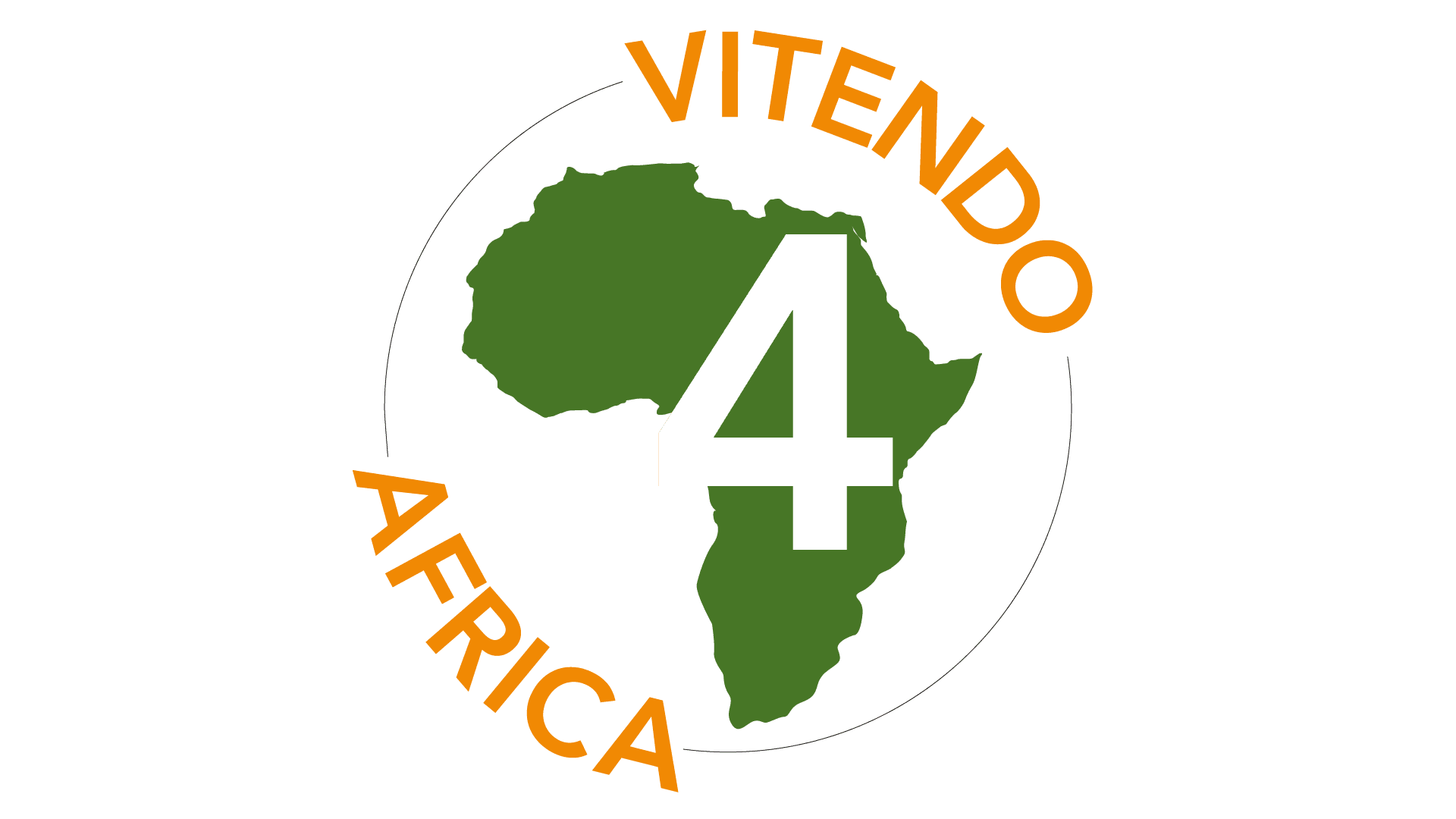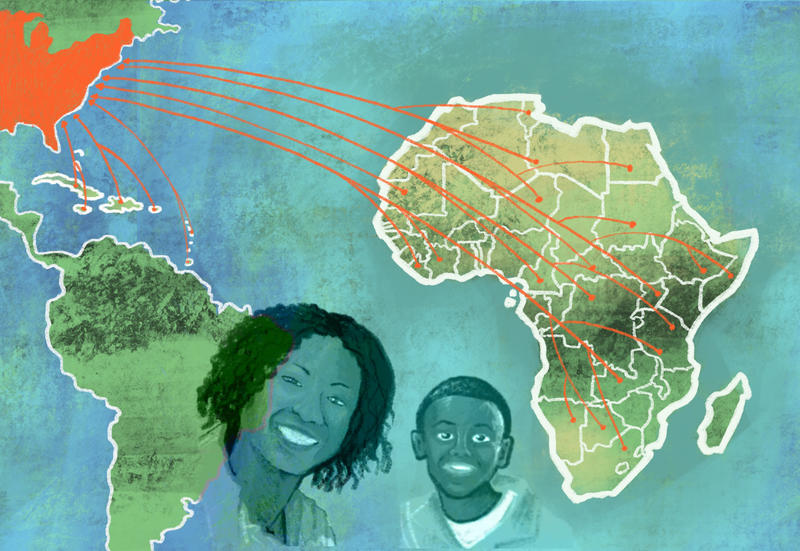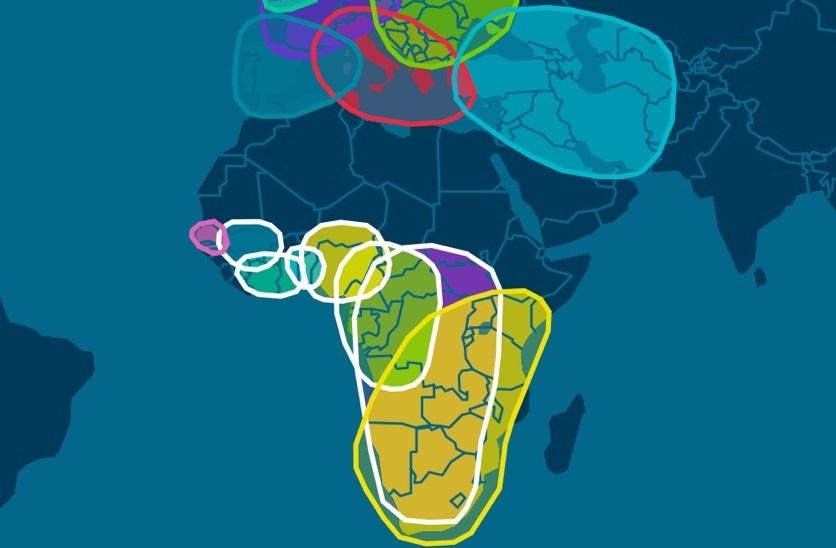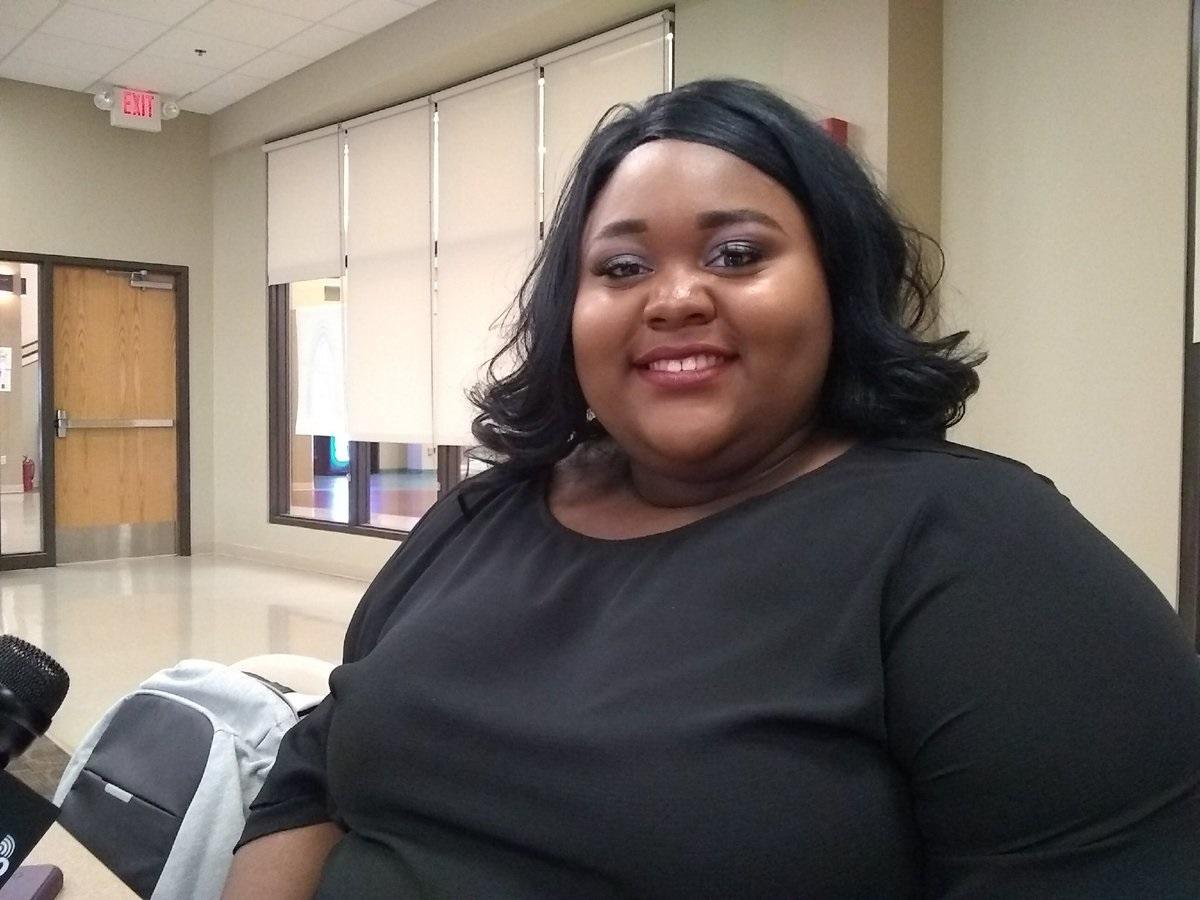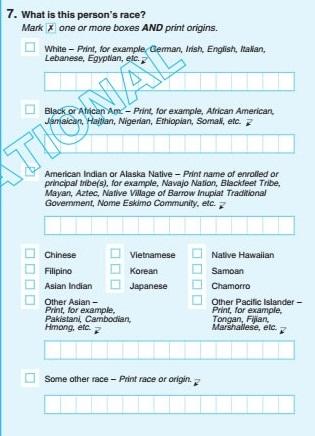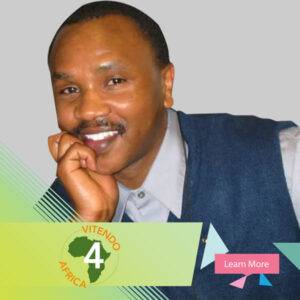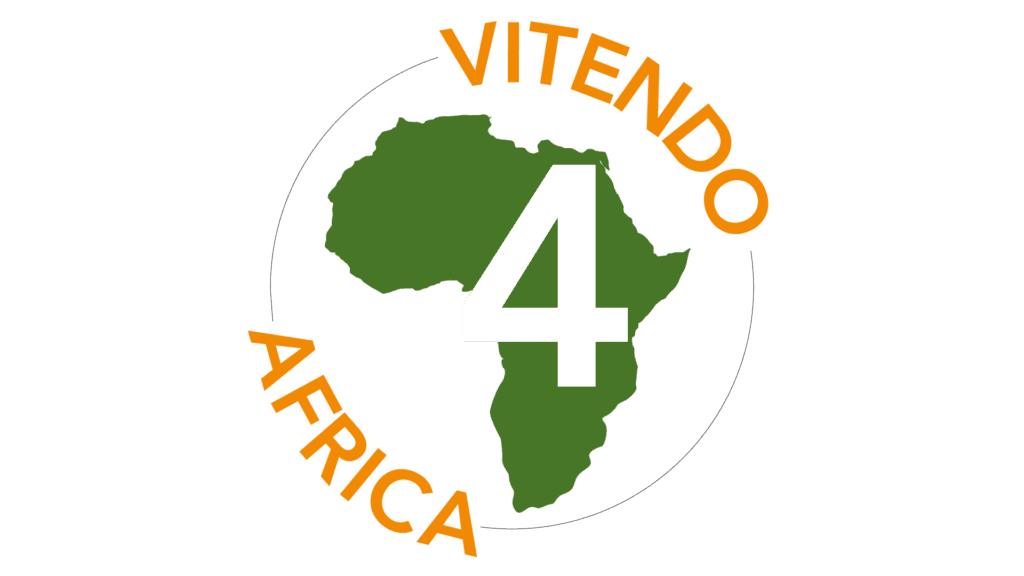The 2020 census is still two years away, but there is plenty of buzz about what the federal survey will ask, including questions about citizenship and country of origin.
For the first time, people will be able to write in their origins in a blank box on the census instead of just checking a race.
The survey, which happens every ten years, is designed to count the population so federal funds can be allocated across the country. But the new questions about where people come from can generate confusion or suspicion — especially from African-Americans, who may not know where their ancestors originated, or immigrants who believe their responses might be used against them in the future.
Finding her roots
St. Louis County native Shalom Palmer said she’s always been curious about her family’s origins. Recently, she decided to have her DNA tested to find out.
“I knew I was black. I knew I had family that spoke different languages,” she said. “They were different color, but I just wanted to know more about that side.”
Palmer said she had heard stories about relatives living in Illinois and in the southern region of the U.S., but didn’t know much more.
“I found out that I was majority Central and West African, but I also had European DNA,” she said.
Much of Palmer’s DNA could be traced to parts of the Congo and Belgium, which gave her insight to a part of history she didn’t know much about. The Congo was a colony of Belgium from the early- to mid-20th-century.
Smaller percentages of her DNA showed connections to Eastern Europe as well.
“Who would’ve known I was a black Russian,” Palmer said with a laugh. “You couldn’t pay me to guess that I was European.”
“I’m torn”
The 21-year-old cyber security student at St. Louis Community College Forest Park said the discovery brought on lots of emotions. When it comes to checking a box on the census, Palmer said she now feels a bit conflicted. The color of skin doesn’t tell the whole story.
“I’m African-American, but I’m heavily European as well, but I feel odd putting ‘mixed race.’ I think because colorism in our society, it’s just the burden on me,” she said. “But just myself consciously putting ‘mixed race’ and being African-American for so long and not even knowing the African side. I’m torn between that.”
People will still have the option to write “African-American” in the blank space provided.
The origin question
Palmer isn’t alone in feeling conflicted when it comes to understanding her racial makeup.
Saint Louis University professor and demographer Onesimo Sandoval says the question about race is a tough one for many people, including immigrants who may misunderstand the question based on their understanding of origin. For example, you’re a black man from England. How would you describe yourself?
Sandoval said researchers are interested in the origin question because it will give them insight on the complexity of pan-Asian, pan-Latino and pan-African communities in the U.S.
“We see that there is tremendous economic diversity, social diversity within these groups.” he said. “We just want to understand how much of this is due to immigration, and that the immigrants who are coming here are at the top of the group from their country, or how much of it is group advantage that they get when they come to the United States, and how do they really fair when compared to those born in the United States?”
He said if immigrants misunderstand the question, for example by checking other or not answering at all, that may skew data.
Data and resources
Geoffrey Soyiantet, a Kenyan who now calls St. Louis home, said both can be true for immigrants who are skeptical of how the information will be used.
Soyiantet helps African immigrants in St. Louis connects with other Africans here. He said residents might be surprised how large some of the communities are, but people stay close to natives from their countries and are sometimes reluctant to disclose optional information with others.
Related: 2020 Census Will Reinstate Question On Citizenship Status
He said, though, the new question would be beneficial for showing the real representation of immigrants and help them get the resources they need.
“But the question is now: Are we going to get people to feel comfortable to answer those questions with the understanding that it will be used for the benefit of the reallocation of resources?” Soyiantet said.
He said the administration’s policies regarding immigrants have made people more fearful. But Soyiantet and researchers such as Sandoval believe that more data will correct misinformation about racial groups, including immigrants.
Ashley Lisenby is part of the public radio collaborative “Sharing America,” covering the intersection of race, identity and culture. This new initiative, funded by the Corporation for Public Broadcasting, includes reporters in Hartford, St. Louis, Kansas City, and Portland (Oregon). Follow Ashley on Twitter @aadlisenby.
Source: http://news.stlpublicradio.org/post/census-2020-local-africans-african-americans-consider-how-respond-questions-about-origins#stream/0
